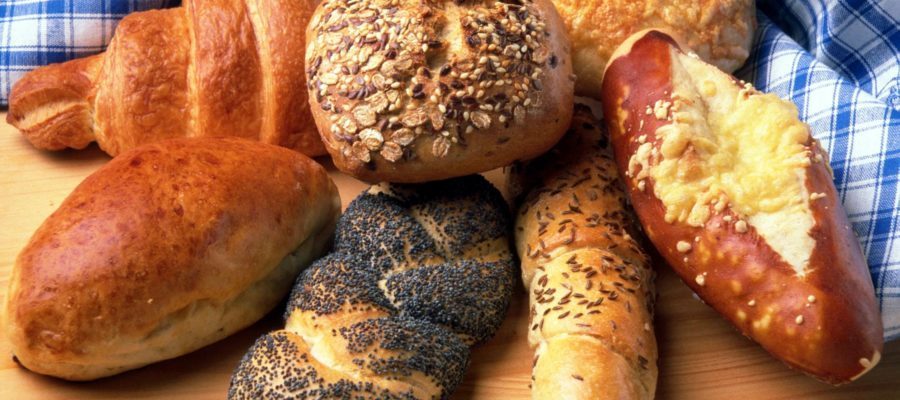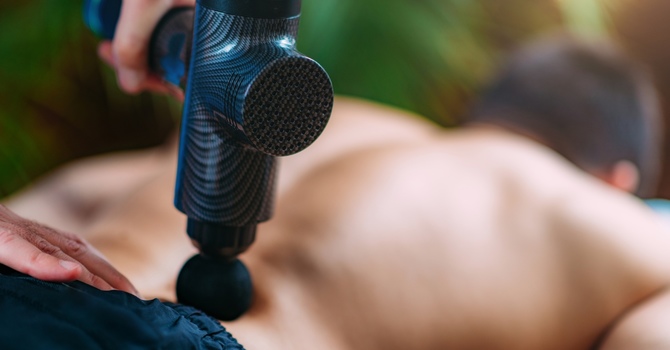
It’s a common cliché to think that naturopathic doctors put all their patients on a gluten free diet. The term gluten describes specific proteins in plants like wheat, rye and barley. Gluten gives foods made from these grains a unique texture that is hard to mimic. This is why gluten-free breads taste so different from the breads we’re used to.
I don’t believe everyone needs to be on a gluten free diet and I only recommend it when I think it’s necessary. I also don’t believe that only those with celiac disease need to consider reducing gluten intake. There is a growing body of research on non-celiac gluten sensitivity although this research is still controversial right now. Wheat and gluten sensitivities have been associated with skin conditions like eczema, irritable bowel syndrome, chronic pain and even mood disorders.
I’ve seen a number of patients benefit from a trial of reducing gluten in their diet – even if they were already eating a healthy diet before. Personally, when I include gluten in my diet, I tend to get hives, seasonal allergies, my thyroid levels go out of whack, I get more fatigued, more “brain fog”, my mood suffers and I sometimes get mild joint pain. When I remove or even just reduce gluten, these symptoms all go away and I usually feel great.
It’s important to note that whenever I reduce my gluten, I try to avoid processed gluten free foods. A lot of these processed gluten free foods are not nutritionally valuable. I’ll have gluten free bread or gluten free treats here and there but for my staples, I prefer to stick to foods that are minimally processed and naturally gluten free like rice, sweet potato, quinoa, chickpeas, etc.
My latest gluten free stretch of time was 2017 – 2018. I was able to be almost gluten free for a big chunk of the year. I didn’t really miss it at all. However, towards the end of 2018, I started to feel deprived. As I mentioned in my article on intuitive eating, it’s really important to me that I eat healthy without feeling deprived. That’s why I decided to reintroduce gluten back into my life for now. I still try not to have it every day, but I am having it more than in 2017. The mild hives have returned, and I do feel a slight dip in my energy but I’m ok with temporarily paying this price so I can feel happy about my diet and less deprived. I know that in time I’ll be open to cutting gluten out again.
And that’s how it goes for me. I’m aware of my gluten intolerance and I fluctuate my level of gluten intake based on my motivation and sense of deprivation. My intolerance symptoms are mild enough that I can live with them when they come back. If they get more severe, then I might prefer to be more strict with my gluten avoidance.
The point is that the power is in my hands to use my awareness of my intolerance as I see fit. When I tell my patients that they may benefit from reducing certain foods in their diet, I will never sit there and judge them if they don’t follow my recommendations to a tee every single moment of their life. You have to know yourself and your relationship with food. You have to know what you’re willing to do and what you’re not ready for yet. I’ve had many patients tell me that they do want to change their diet but only to a certain extent. That’s ok. I will meet you where you’re at and we can change as much as you’re ready for and save the rest for another time.
My job is to arm you with the awareness of all the things that you can do to benefit your health. Your job is to communicate to me what you’re ready for and what you’re not ready for. Our job together is to use this information to build a plan that works for you on every level.
If you are interested in naturopathic services please contact Holland Landing Health Centre at 905-853-7900 or via e-mail at info@HLHC.ca.

Admin
Contact Me



